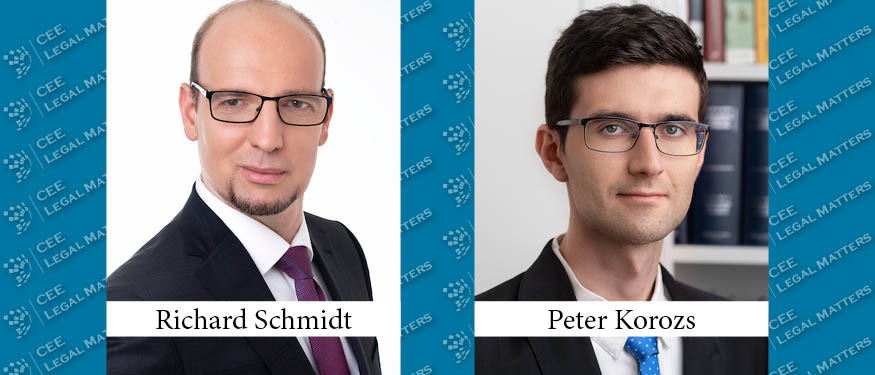The passing of time makes claims unenforceable in front of courts. While in some countries, a simple notice letter interrupts the limitation period, in Hungary creditors who want to avoid the limitation of their claim must initiate a lawsuit. Is it always enough to start litigation to interrupt the limitation of claims in Hungary? The Hungarian Supreme Court addressed this question in a recent case.
Facts
The Plaintiff was employed by the Defendant, when on 19 March 2016, he suffered a work accident. In October 2016 a medical exam revealed that the accident had permanently impaired the Plaintiff's health.
On 19 March 2019, the Plaintiff initiated litigation against the Defendant for damages and loss of income in connection with the accident. However, as he failed to remedy the deficiencies of his statement of claim, his claim was dismissed by the first instance court by a procedural order which became final on 25 March 2020 (“the Prior Litigation”).
On 17 December 2020, the Plaintiff filed a new statement of claim with basically the same content as in the Prior Litigation (“the New Litigation”). In its defence, the Defendant argued, among other things, that the Plaintiff's statement of claim had been submitted after the three-year limitation period applicable under the Hungarian Labour Code for claims arising out of employment relationships.
First- and second-instance decisions
Both the first- and second-instance courts dismissed the Plaintiff's statement of claim. They stated that the Prior Litigation could not interrupt the limitation period pursuant to the relevant provisions of the Hungarian Civil Code. This code is applied as background law in certain matters that the Labour Code does not directly regulate.
The courts pointed out that the commencement of litigation interrupts the limitation of the claim only where the court decides the case on the merits. However, the court acting in the Prior
Litigation had not closed the action with a final decision on the merits.
Consequently, the courts in the New Litigation held that the Plaintiff's statement of claim was time-barred, therefore, they dismissed it.
Judgment of the Supreme Court
In his request for judicial review, the Plaintiff claimed, among other things, that the lower courts had disregarded the provision of the Hungarian Civil Code, according to which the limitation period is interrupted by the judicial procedure of the claim against the debtor if the court has adopted a final and binding decision on the merits that closes the procedure.
According to the Plaintiff, the court acting in the Prior Litigation had rejected the Plaintiff's first statement of claim. Later, it had informed the Plaintiff that the order had become final. In the Plaintiff’s view, by that order, the limitation period had been interrupted, and it had started to run again.
With respect to the interruption of the limitation period, the Supreme Court highlighted that the Plaintiff had relied on the prior litigation decision issued in March 2020.
However, this decision to reject the statement of claim on procedural grounds, for this reason it could not be considered as a "decision on the merits". Therefore, the procedural order was not capable of interrupting the limitation period, which has expired before starting the New Litigation.
For this reason, the Supreme Court upheld the second-instance decision.
Comment
According to the former Civil Code, which was effective until 2014, the limitation period was interrupted, among others, by starting legal proceedings against the debtor.
The new Civil Code, which came into force in 2014, clarified the above provision stating that the commencement of a judicial procedure against the debtor interrupts only the limitation period if the court has adopted a final and binding decision on the merits that closes the procedure.
The recent decision of the Supreme Court reaffirms the above provision. It also sends the clear message that if a claimant starts legal proceedings to enforce its claim, it must act not only diligently but appropriately as well.
If its statement of claim does not comply with the law, plaintiffs shall remedy the deficiencies upon the request of the court, otherwise it will be rejected and it will not be capable of interrupting the limitation period and preventing the limitation of the claim.
By Richard Schmidt, Partner, and Peter Korozs, Junior Associate, SmartLegal Schmidt & Partners




